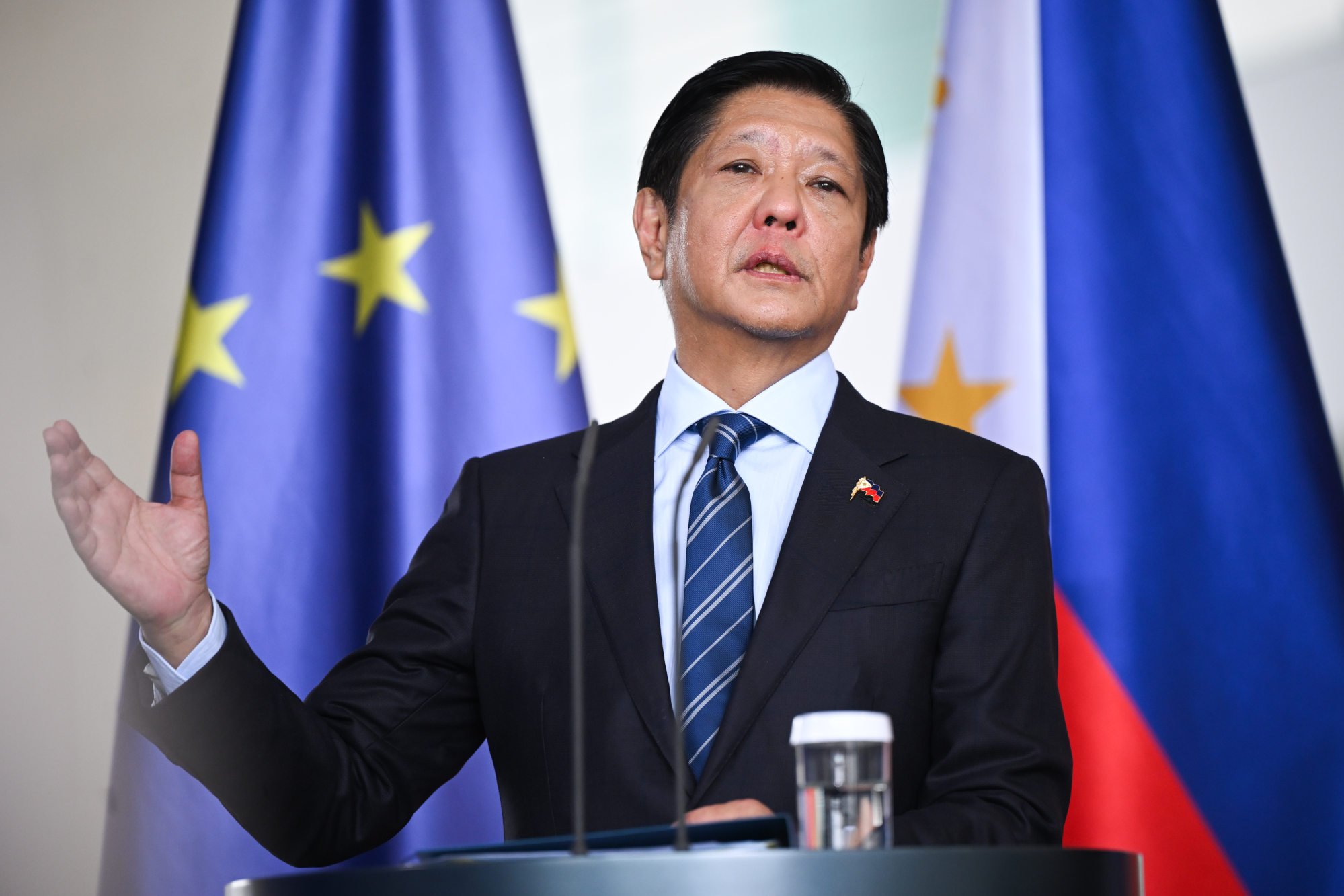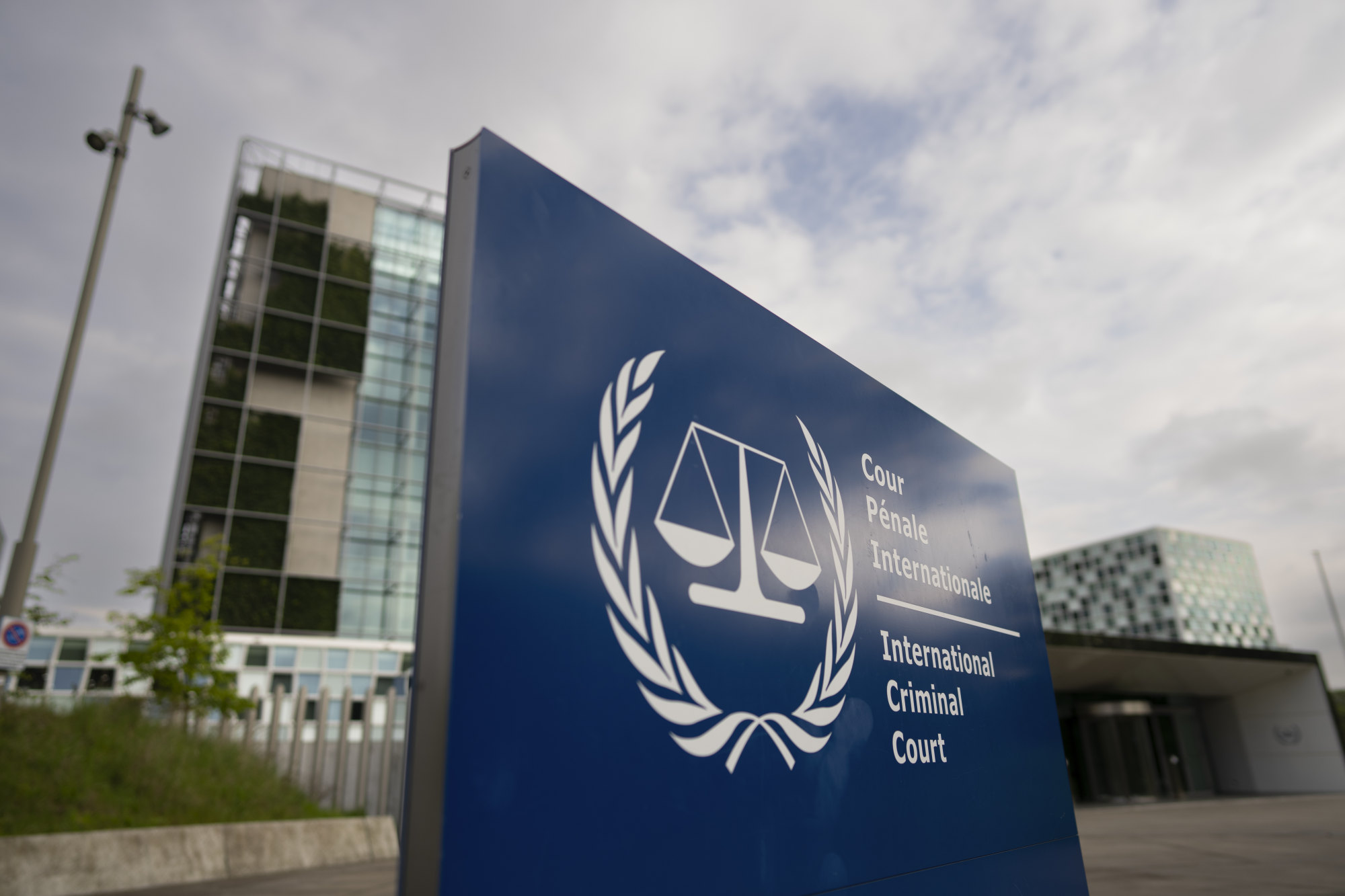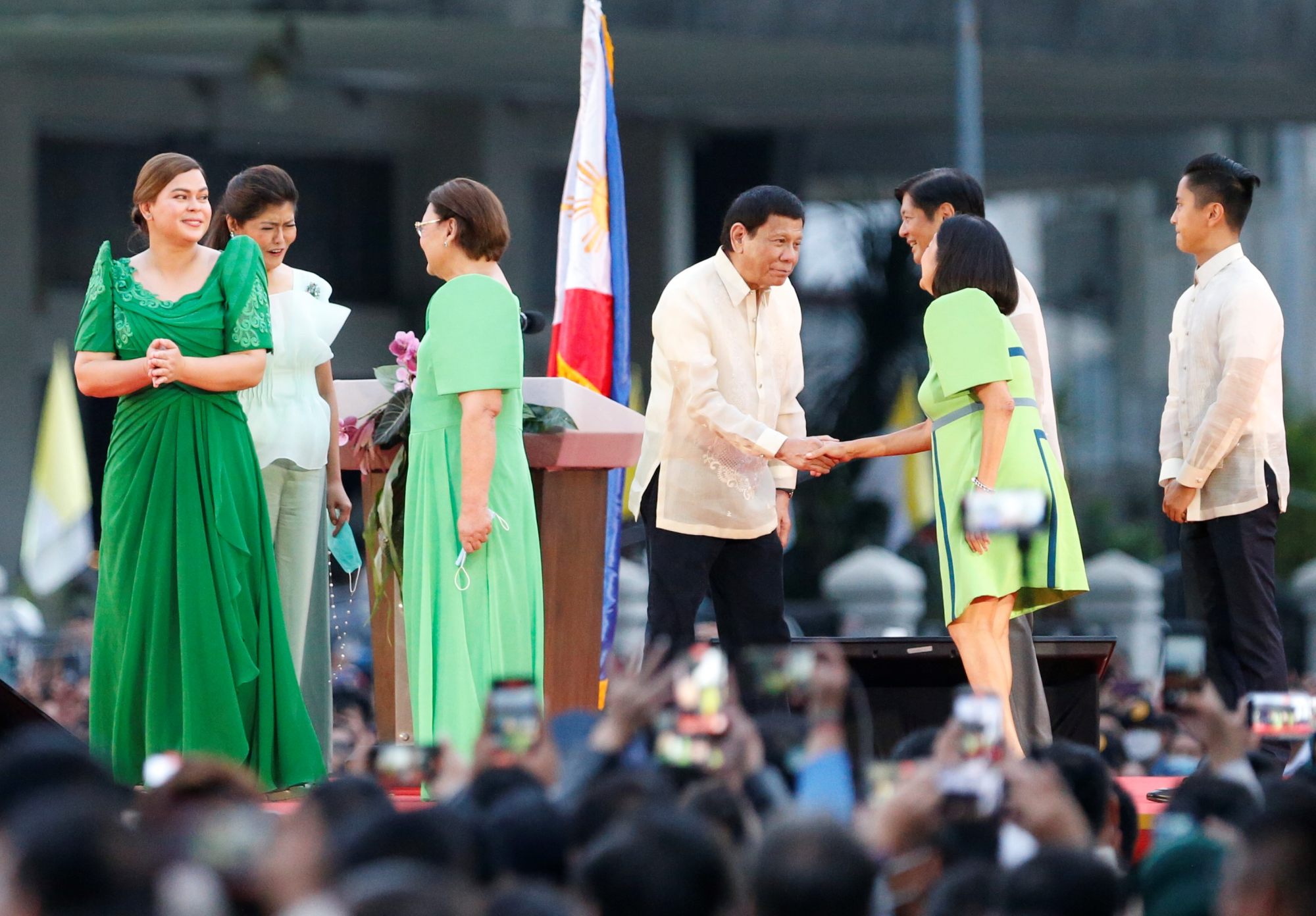
If ICC orders Duterte’s arrest over his deadly drugs war, will Philippines recognise it?
- Philippine President Ferdinand Marcos Jnr previously said Manila would not recognise an ICC warrant for Duterte’s arrest as it has no jurisdiction
- His press secretary insists Marcos’ stance hasn’t changed. But a new justice department legal briefing exploring his options suggests otherwise
Two complaints have been filed against Duterte at the ICC: one submitted by a former policeman accusing him of ordering the deaths of opponents and criminals while he was mayor of Davao city, with the other lodged by relatives of those killed in his “war on drugs” while he was president from 2016 to 2022.
“I think that’s for the better. We have to make people accountable for their actions,” said Renato Cruz De Castro, an international-studies professor at De La Salle University in Manila, of the Philippine Department of Justice’s Wednesday announcement that it was preparing a legal briefing outlining Marcos’ options in case of an ICC warrant. “We cannot simply allow impunity.”

The DOJ preparing a legal brief was just “standard procedure, not a change in position”, Marcos’ press secretary told reporters after news of the document emerged. It was the department’s duty “to explore all legal avenues and ensure that the president is fully informed of his options”, she said, adding that the president’s stance on the ICC issue remained “clear and consistent”.
“If Mr Marcos is serious about accountability and his human rights commitment, he should not put any roadblocks against the ICC investigation,” said Carlos Conde, a senior researcher covering the Philippines for New York-based Human Rights Watch. “At this point, Marcos needs to side with the victims of the crimes against humanity committed by Duterte against thousands of Filipinos.”
The fact that crimes against humanity have been committed in the Philippines is already established. The question is, who is the most responsible?
The former president “will probably be summoned or ordered arrested by the ICC”, lawyer Kristina Conti, an assistant to counsel at the court who represents families of the victims, told The Philippine Star newspaper last week.
“The fact that crimes against humanity have been committed in the Philippines is already established. The question is, who is the most responsible?” she said.
Jurisdiction grey area?
But the government’s principal legal adviser, Solicitor General Menardo Guevarra, rejected this assessment, telling The Philippine Star that “Interpol cannot intervene” on its own, without coordinating with Philippine law enforcement.
“So if the Philippine government will not cooperate, the ICC warrants of arrest cannot be implemented in Philippine territory,” he was quoted as saying.

Salvador Panelo, who served as Duterte’s chief legal counsel and presidential spokesman, reminded local media that Marcos had previously stated the ICC has no jurisdiction in the Philippines.
“The DOJ should refrain from intriguing and stop making the president look like he would renege on his unequivocal stand against ICC’s intrusion on our legal system,” he reportedly said, referring to the department’s legal briefing.
“It’s not the ICC who is going to arrest,” Edmund Tayao, a political-science professor at the San Beda Graduate School of Law in Manila, told This Week in Asia. “It’s the Philippine government, if at all, that allows it to implement the arrest order. Because let me be clear, the ICC do not have their own armies.”
Tayao said it “goes without saying” that the Philippines has to agree to the court’s jurisdiction before any action can be taken, adding that the DOJ’s legal briefing was being used “for partisan purposes” to give the impression that Duterte was being made “a sacrificial lamb by the incumbent president”.

“Surely, such actions are not helping cool down or mend tensions between the Dutertes and the Marcoses,” he said. “What I don’t understand is why a press conference had to be called to announce something that is in the normal course of things or as it should be.”
